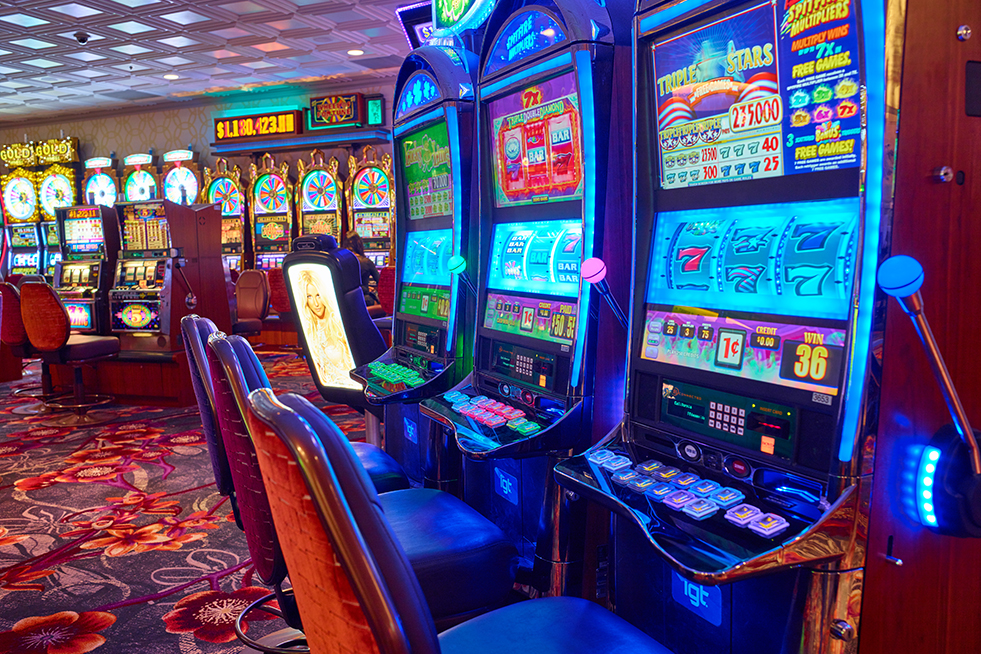
The realm of casino games is continuously evolving, shaped by shifting rules, technological advancements, and evolving player preferences. As governments and gaming commissions strive to create a safe and fair space for players, the framework of casino regulations is undergoing significant modifications. Understanding these shifts is crucial for both casino operators and gamblers looking to explore the thrilling yet complex realm of gaming.
Recently, numerous regions have suggested and enforced new regulations aimed at improving the protection of players while encouraging responsible gaming. These updates not only impact the varieties of gambling games available but also how they are marketed and accessed. In this article, we will examine the most recent regulatory updates, their implications for the gambling sector, and what players can look forward to as they engage with their favorite casino games.
Updated Governance Systems
Current trends in game rules are defining the direction of casino entertainment across multiple areas. Authorities are realizing the importance for a comprehensive regulatory structure that not just protects players and also provides fair gaming and responsible gambling. These frameworks are developed to resolve issues such as internet-based gambling, virtual currencies, and advancements in technology, reflecting the evolving environment of the gambling sector. Ga179
One major development is the implementation of tighter policies regarding transparency and gambler protection. Casinos are now mandated to disclose clear data on odds, returns, and the associated hazards involving gaming. This shift aims to empower players by making them make educated choices while also assisting to fight gambling issues through accountable gambling measures. Casino owners are required to set up self-restriction programs and make available resources for players seeking help.
Additionally, new regulations are being implemented to emerging innovations such as VR and blockchain in gaming platforms. Regulators are establishing guidelines to assure that these advancements maintain authenticity and equity while also securing gambler privacy. As the field advances, authorities are modifying to verify that innovations enrich the casino experience while shielding both gamblers and providers.
Influence on Casino Game Variety
The recent developments in gaming policies have opened new avenues for games, allowing for greater creativity and difference within the field. As regulatory bodies refresh their guidelines, developers are inspired to design distinct gameplay experiences that address a wider audience. This has resulted in a vibrant collection of fresh titles, incorporating multiple topics, categories, and mechanics that were formerly overlooked or limited by more rigid rules.
With a more flexible set of rules, casinos are now capable to experiment with alternative game styles, including skill-based games and engaging experiences. This transition has led to a boom in fusion games that blend classic gambling features with contemporary gaming styles, such as digital gaming and enhanced reality. By expanding the types of games offered, casinos can attract not only seasoned players but also recreational gamers who may favor less conventional selections.
Furthermore, the development of rules has highlighted openness and equity in gaming, which could foster increased trust from players. As a benefit, consumers are more open to consider a greater range of game options, understanding they are participating in services that comply with modern standards. This growing trust enhances involvement and can ultimately drive profitability as more varied choices address diverse preferences and groups in the gaming community.
Upcoming Trends in Oversight
As the gaming landscape develops, authorities are more and more focused on adopting digital solutions to enhance transparency and fairness. The incorporation of crypto technology into gambling games is expected to gain traction, allowing for greater oversight of operations and ensuring that activities remain just and unchangeable. This transition could lead to a compliance framework that accepts these innovations, promoting confidence among players and providers alike.
In addition to technological integration, there will likely be a greater emphasis on safe gaming strategies within the regulatory environment. Authorities are predicted to implement stricter measures to promote player protection, including required self-exclusion systems and effective age verification processes. This change aims to protect susceptible populations while ensuring that the experience of gaming activities is preserved for responsible gamblers.
Lastly, as digital gaming continues to expand globally, harmonization of oversight across different jurisdictions will become a urgent need. Countries may strive to partner more closely on unified standards for certification, operation, and taxation. This could lead to a more streamlined regulatory system for international operators, fostering a wider acceptance of internet casino platforms while maintaining strong of player protection and fairness in the gambling industry.